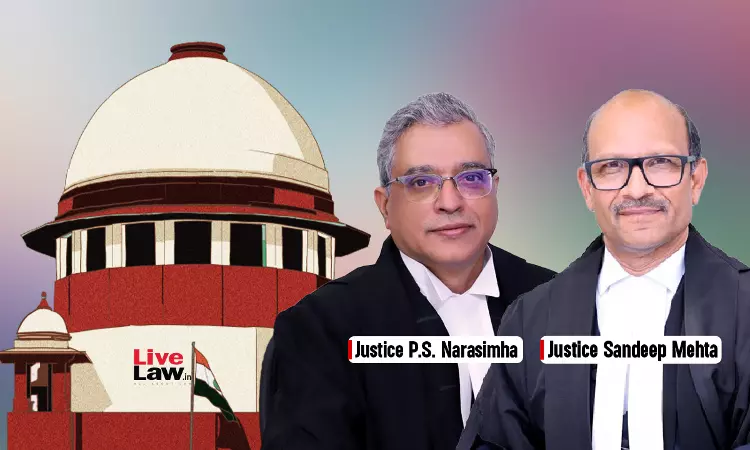Principle Of 'Functus Officio' Does Not Apply To Executive Rule-Making Authority : Supreme Court
Gyanvi Khanna
15 Feb 2025 10:49 AM IST

Next Story
15 Feb 2025 10:49 AM IST
The Supreme Court on February 12 observed that the principle of functus officio does not apply to a rule making authority and applies to a judicial forum or a quasi-judicial authority. It cannot be disputed that the rule-making power of the legislature cannot be curtailed or nullified by application of the concept of functus officio, the Court said. “The principle of functus...
